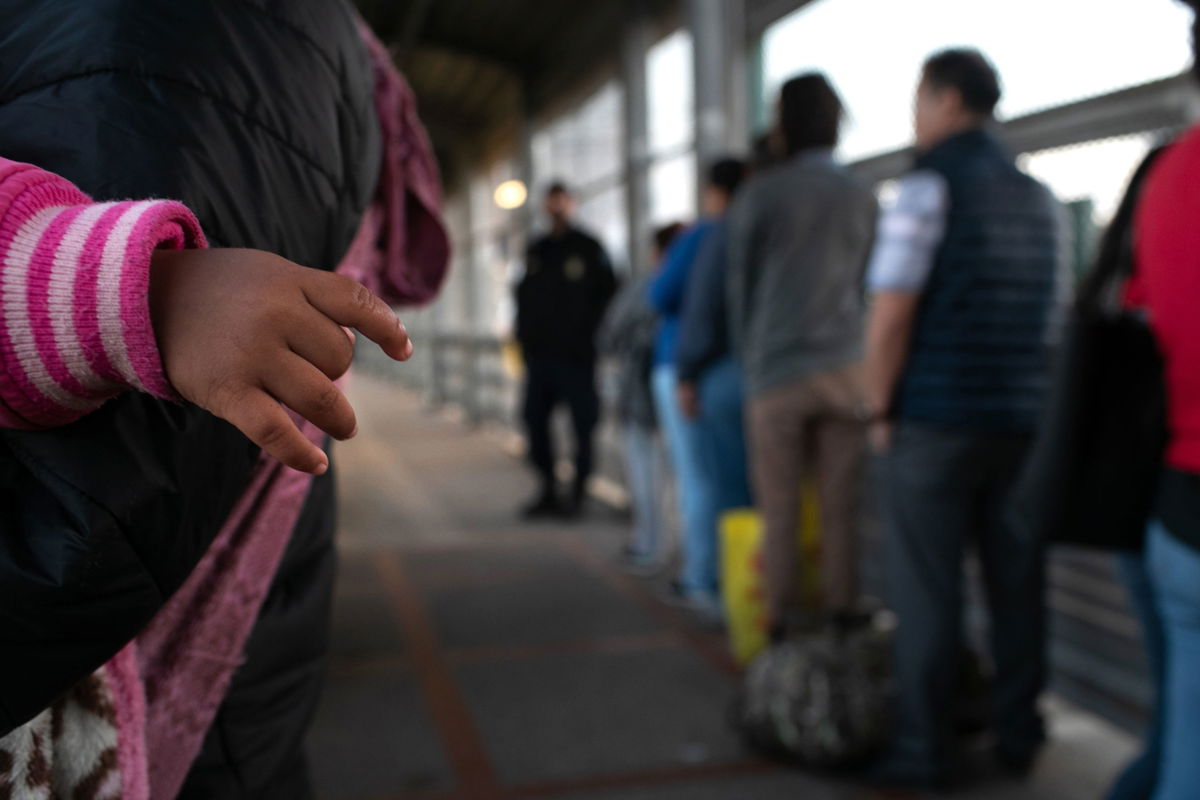Biden administration quietly deploys facial recognition to process asylum seekers

WASHINGTON, DC — Facing a backup of tens of thousands of migrants stranded at the U.S.-Mexico border, the Biden administration is betting on a technological fix: a mobile app.
In recent weeks, U.S. border officials have taken an unprecedented step, quietly deploying a new app, CBP One, which relies on controversial facial recognition, geolocation and cloud technology to collect, process and store sensitive information on asylum-seekers before they enter the United States, according to three privacy-impact assessments conducted by the Homeland Security Department and experts who reviewed them for the Los Angeles Times.
The DHS’ internal assessments describe the app as necessary because border officials cannot “process all individuals at once” who are seeking protection in the United States but have been forced back into Mexico under Trump-era policies that Biden has largely kept. Officials maintain it offers a safe and efficient technical solution.
DHS officials argue that such “smart border” innovation is more effective than the previous administration’s walls and bans. Homeland Security Secretary Alejandro Mayorkas told lawmakers last week that the Biden administration is requesting $1.2 billion for modernizing ports of entry and border security technology, including ensuring “safe, orderly and humane treatment of migrants.”
“We are working tirelessly to rebuild our immigration system,” Mayorkas said.
But several experts who reviewed the privacy assessments said that the Customs and Border Protection app raises alarms about unchecked data collection and surveillance by the government on vulnerable migrants who have little choice but to consent.
“CBP’s use of face recognition poses enormous risks to privacy and is another step down a dangerous path,” Ashley Gorski, senior attorney at the ACLU National Security Project, told the Times. “Whenever the government acquires a person’s faceprint, it creates a risk of persistent surveillance, where the government could identify and track people’s movements without their knowledge.”
Read the full L.A. Times report here.

